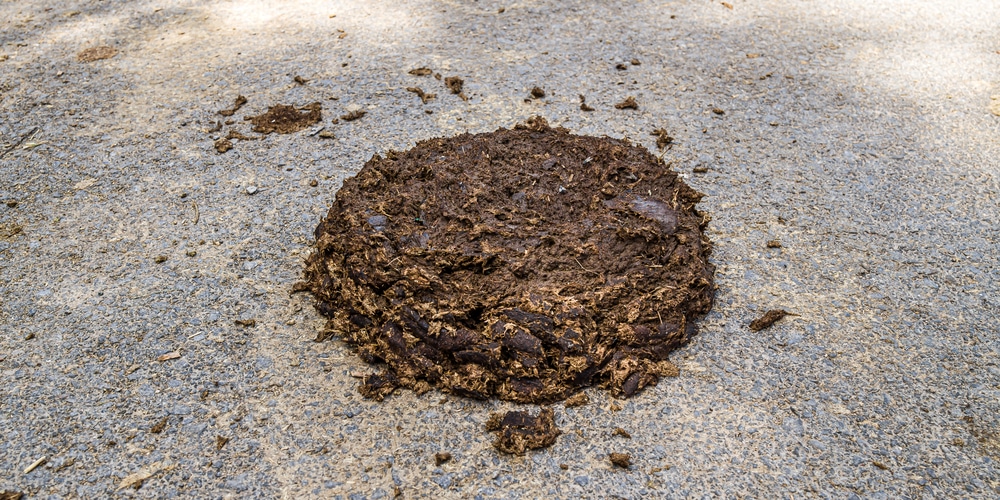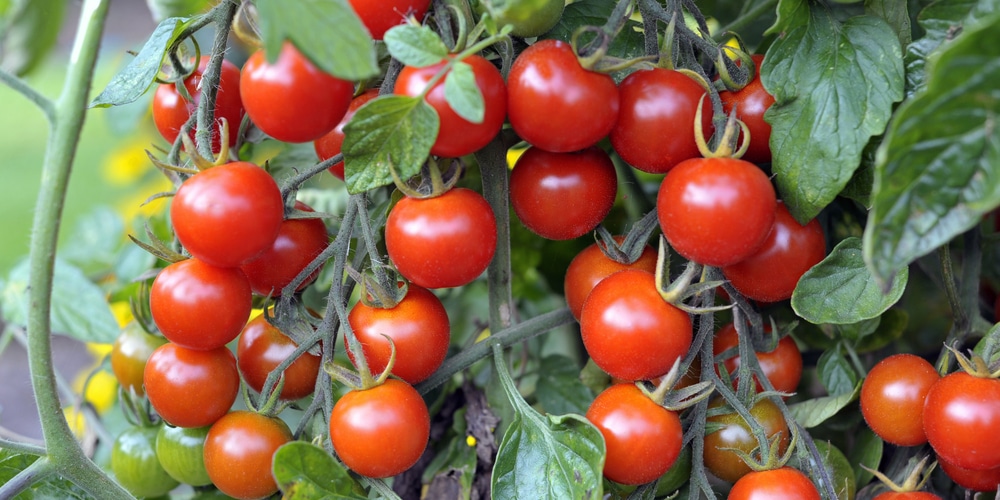Tomatoes are one of the most popular crops among people growing vegetable gardens. Despite this, they aren’t the easiest plant to grow. After all, tomatoes are susceptible to attacks from many pests and diseases. Plus, they will only thrive under adequate conditions.
So, learning how to take care of tomatoes is crucial to your success in getting harvests. While you can use chemical fertilizers, using organic solutions will give your plants all the benefits they need to grow (without harming beneficial insects or burning the plant itself).
But is cow manure good for tomatoes? Keep reading this essential guide if you want to find out!
Is Cow Manure Good For Tomatoes?
Cow manure is an excellent fertilizer for tomatoes. Indeed, these red fruits are heavy feeders that need a constant supply of nutrients (which cow manure can give them).
Cow manure contains nitrogen, phosphorous, and potassium, essential to tomatoes’ growth. Besides, it is also high in magnesium and iron, which are also crucial for plants’ health. Of course, manure’s nutrient content depends on what the cow ate before expelling it.
We recommend you not to use cow manure from dairy cows, which is high in sodium and can damage your plants’ growth. Also, avoid using it fresh on tomatoes.
Instead, you’ll get much better results with composted manure. Doing so will minimize the risk of introducing harmful bacteria to your plants and eliminate most pests that might be present in cow poop.
Overall, cow manure is the ideal solution if your substrate is not lacking in any element in particular. After all, it is a balanced organic fertilizer. But if you need to replenish the soil with a specific mineral, ensure you purchase a suitable product.
Cow Manure pH Levels
Tomatoes thrive in slightly acidic to neutral soil. Cow manure may make the substrate more acidic. However, the results depend on the quality of the product you apply.
Also, adding manure the right way won’t necessarily result in a drastic change in pH. Indeed, some gardeners use it as a way to adapt the substrate before the addition of lime.
On average, cow manure tends to have a neutral pH. However, it may range from 5.9 to 6.9. The presence of ammonia might alter the acidity of the soil. But that is unlikely to cause severe issues to your plants.
How To Apply Cow Manure To Tomatoes
Applying manure to your plants isn’t rocket science. However, doing it the right way will save you from future problems. Ideally, you should add a 1 to 2 inches thick layer of cow manure.
Avoid putting it too close to the plant’s base (or you may have to deal with root rot). Don’t forget to mix it thoroughly with the soil. Use a fork to dig the manure into the substrate, and remember to water it to increase absorption.
Under the ideal climate conditions (with a regular fertilizing schedule), organic cow manure will release slowly into the soil and keep the ground fertile for a few years.
You should apply manure before putting your plants in the ground. Do it in the early spring, a couple of weeks before planting your seedlings outdoors.
Depending on your garden’s conditions, you may have to replace manure every couple of weeks. Doing so will ensure your plants will always get the ideal amount of nutrients they need for their growth. Also, you can apply manure during harvesting: it will help boost fruit production.
Related article: Chicken Manure For Lawns


